Coercive Diplomacy: Otto Von Bismarck And The Unification Of Germany
Nonfiction, History, Military, Other, France, Germany| Author: | Lt.-Col. Kenneth R. Krasner USMC | ISBN: | 9781786250032 |
| Publisher: | Normanby Press | Publication: | November 6, 2015 |
| Imprint: | Normanby Press | Language: | English |
| Author: | Lt.-Col. Kenneth R. Krasner USMC |
| ISBN: | 9781786250032 |
| Publisher: | Normanby Press |
| Publication: | November 6, 2015 |
| Imprint: | Normanby Press |
| Language: | English |
Otto von Bismarck, Prussia’s “Iron Chancellor,” was arguably the dominant political figure in Europe during the nineteenth century. With acute political moves, he adroitly manipulated opportunities to achieve European hegemony for Germany and, thus, considerably altered Europe’s political scene and balance of power. As the principal architect of German unification, he utilized subtle diplomacy, the formation of alliances, Prussia’s formidable army, and a series of calculated—albeit limited—wars against his European neighbors to create Germany’s second empire. As the archetypical statesman who espoused the power of the state in the international system, Bismarck recognized that a successful foreign policy and national strategy required the conscious integration of force and diplomacy in order to achieve his overarching goal of German unification. His political leadership thus succeeded because he understood that the use of force was a complement, and not alternative, to diplomacy. This paper examines Bismarck’s manipulation of diplomatic and military instruments of national power to achieve his political goal, concluding that the fusion of force and diplomacy was the essence of Bismarck’s statesmanship.
Otto von Bismarck, Prussia’s “Iron Chancellor,” was arguably the dominant political figure in Europe during the nineteenth century. With acute political moves, he adroitly manipulated opportunities to achieve European hegemony for Germany and, thus, considerably altered Europe’s political scene and balance of power. As the principal architect of German unification, he utilized subtle diplomacy, the formation of alliances, Prussia’s formidable army, and a series of calculated—albeit limited—wars against his European neighbors to create Germany’s second empire. As the archetypical statesman who espoused the power of the state in the international system, Bismarck recognized that a successful foreign policy and national strategy required the conscious integration of force and diplomacy in order to achieve his overarching goal of German unification. His political leadership thus succeeded because he understood that the use of force was a complement, and not alternative, to diplomacy. This paper examines Bismarck’s manipulation of diplomatic and military instruments of national power to achieve his political goal, concluding that the fusion of force and diplomacy was the essence of Bismarck’s statesmanship.


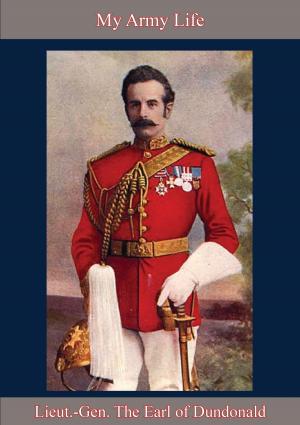
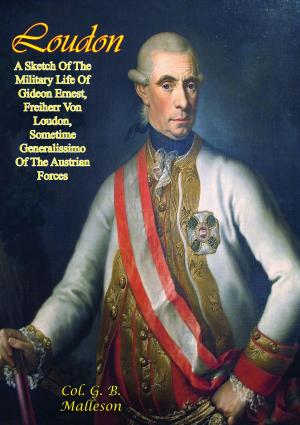
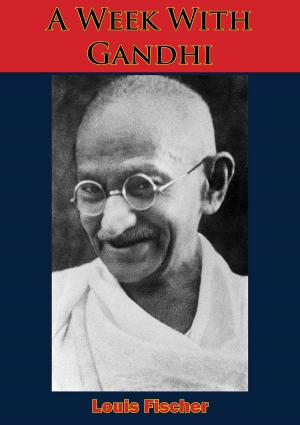
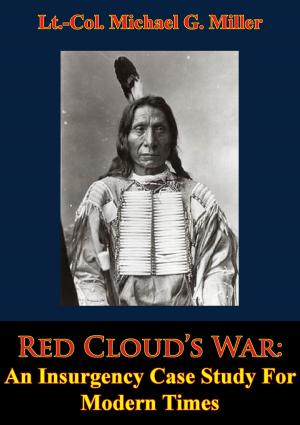
![Cover of the book DRIVE NORTH - U.S. Marines At The Punchbowl [Illustrated Edition] by Lt.-Col. Kenneth R. Krasner USMC](https://www.kuoky.com/images/2015/november/300x300/9781786251503-gE5z_300x.jpg)

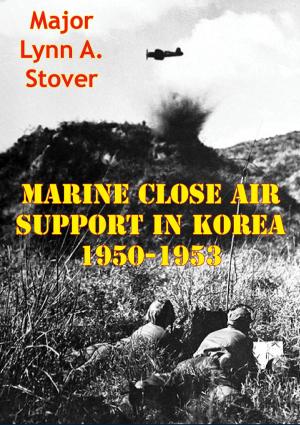
![Cover of the book Advice And Support: The Early Years 1941-1960 [Illustrated Edition] by Lt.-Col. Kenneth R. Krasner USMC](https://www.kuoky.com/images/2014/august/300x300/9781782899068-i9lY_300x.jpg)
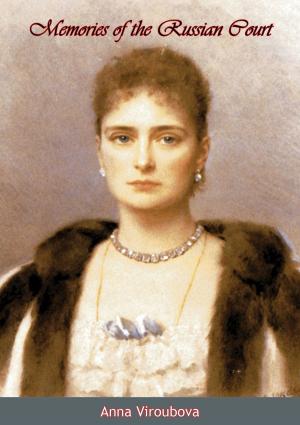

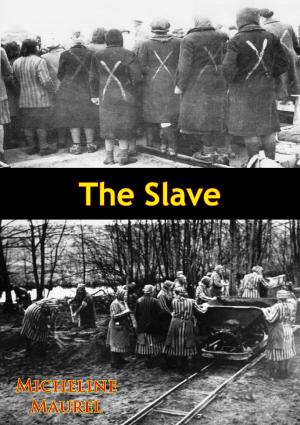
![Cover of the book Deeds That Won The Empire: Historic Battle Scenes [Illustrated Edition] by Lt.-Col. Kenneth R. Krasner USMC](https://www.kuoky.com/images/2015/november/300x300/9781786255297-oUAA_300x.jpg)
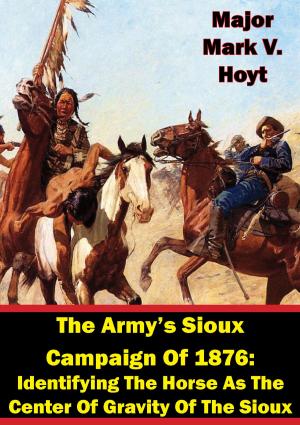
![Cover of the book Letters Written During The Indian Mutiny [Illustrated Edition] by Lt.-Col. Kenneth R. Krasner USMC](https://www.kuoky.com/images/2016/january/300x300/9781786257970-ysLN_300x.jpg)